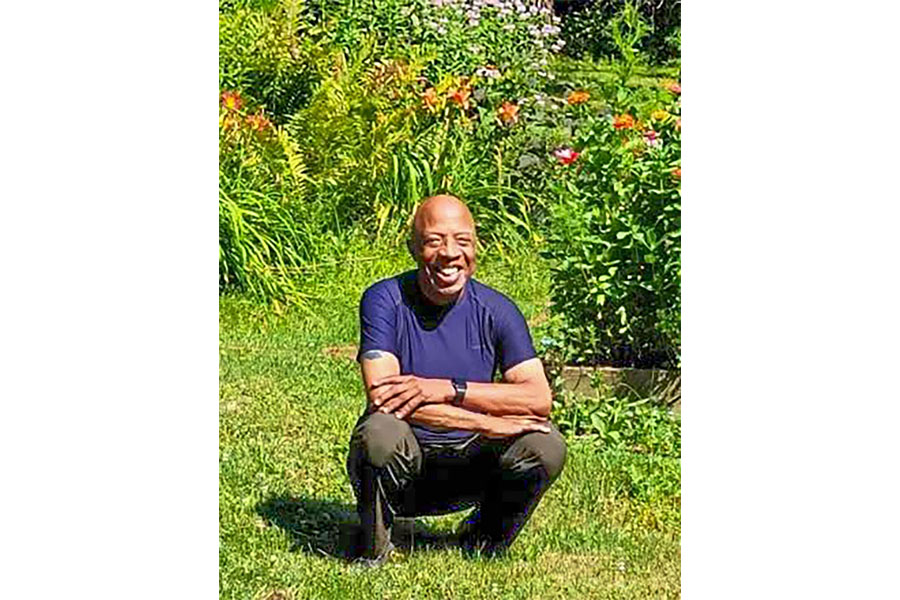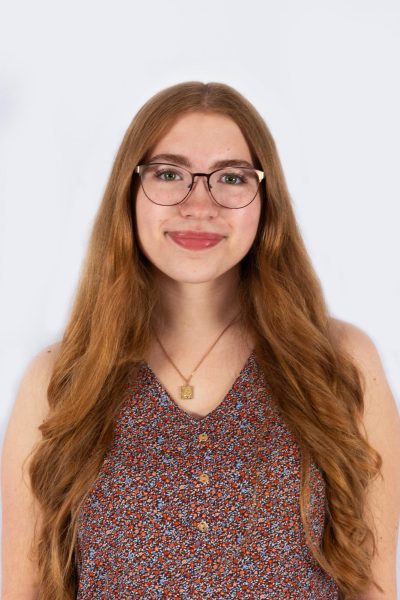Julian Euell, former associate professor in the Department of Sociology at Ithaca College, died Jan. 4 at the age of 78. Euell –– known as “Dr. Only,” by his students, friends and colleagues to honor his commitment to expand representation –– was the first African American professor to receive tenure at Ithaca College.
Euell started working at the college in 1974, received tenure in 1980 and retired in 2020. Euell and his partner Cha Roberts had one daughter, Johara Euell Malcolm. He also had four grandchildren and four great-grandchildren. Sean Eversley Bradwell, assistant professor in the Department of Education and director of the Center for the Study of Culture, Race and Ethnicity, said in an Intercom post that Euell died in his home with Roberts.
Jonathan Laskowitz, former associate professor in the Department of Sociology and a friend of Euell, said he admired that Euell refused to let his identity as a person of color define him as a professor. Laskowitz said Euell was an advocate for representation, but he did not teach any Black studies courses.
“He didn’t allow himself to be placed in the Black studies box,” Laskowitz said. “In fact, he demanded to be seen as a sociologist first — a whole person, not solely a Black person. And his courses reflected that.”
After Euell received tenure, he paved the way for many future African-American professors at the college to receive tenure as well. Cliff-Simon Vital, interim director of the BIPOC Unity Center, said he personally connected to Euell’s legacy because he noticed a lack of diversity in his education. He said he did not have a Black faculty member teach him until his sophomore year of college at the State University of New York at Oswego.
“My mom always said, ‘We stand on the shoulders of our ancestors,’ and I’m thankful that [Euell] has enabled others to be able to say, ‘I can do it too,’” Vital said. “I think that’s really what diversity is. To help inspire, help create safe spaces and make sure everyone has equal and equitable opportunities.”
After learning more about Euell from announcements and conversations after his death, Vital said he feels inspired by his story and hopes to commemorate him in some way, like by getting a bench or a plaque.
“His legacy is important, and I hope no one ever forgets it,” Vital said. “I’m going to find a way to enshrine his legacy somehow. I just don’t know how yet, but I can make you that promise before the end of the year.”
According to the Ithaca College Office of Analytics and Institutional Research, the college has increased the number of BIPOC faculty from 14 in Fall 1983 to 76 in Fall 2024. Vital said that having professors at the college who are part of the BIPOC community will strengthen students’ education.
“When we think about the foundations of a liberal arts education, it’s about diversifying your knowledge base,” Vital said. “You can’t diversify your knowledge base if every person comes from the same town, looks the same way, talks the same way and has the same education.”
Before becoming a professor, Euell studied photography and design and got degrees in anthropology and sociology at the University of Rochester, and a degree in urban planning at Cornell University. Euell taught a variety of classes at the college, including Sociological Theory, Introduction to Sociology, Technology and Society, Urban Sociology and more.
“I am interested in helping students develop a multidisciplinary, multicultural and multimodal approach to learning,” Euell said in his Ithaca College profile page. “I am always a student of how the three rigors: intellectual, physical and spiritual (mind, body, spirit) can be attuned and developed and therefore produce a life that becomes artful and scientific, modifiable and inventive.”
Outside of teaching, Laskowitz said Euell loved to cook and garden. Laskowitz said he often talked with Euell about recipes because they both cooked in their respective households.
“We were more than colleagues,” Laskowitz said. “We were friends. We [would] garden together. We rented a garden space in a community garden and we had adjoining gardens. … We had a full relationship. It wasn’t just a collegial relationship.”
Even after Euell’s death, his life continues to make an impact on those who knew him. James Rothenberg, former associate professor in the Department of Sociology, said that because of Euell, he still remembers one of his first faculty meetings.
“I finally got the courage up to say something [in the meeting],” Rothenberg said. “So I started to speak and one of the other faculty members interrupted me and Julian just jumped in and said, ‘Let him speak.’ I’m not sure I ever told him how much I appreciated what he had done at that moment. [He] is a person who really cared about other people and wanted people to have their chance to speak.”
Laskowitz said he is still processing the death of his friend and colleague. After getting to know him for about 50 years, he said he will remain inspired by Euell’s legacy.
“His kindness, his openness to others, his gentleness … he treated people with respect, and it was something I admired a lot about him,” Laskowitz said. “I still can’t believe he’s gone. He was a force. He was not to be denied.”
The college is collecting donations for the “Professor Julian Euell Fund.” Donations can be made through the college alumni website. There will be a celebration of Euell’s life 1 to 4 p.m. Feb. 15 at LakeWatch Inn 636 East Shore Drive in Ithaca.









